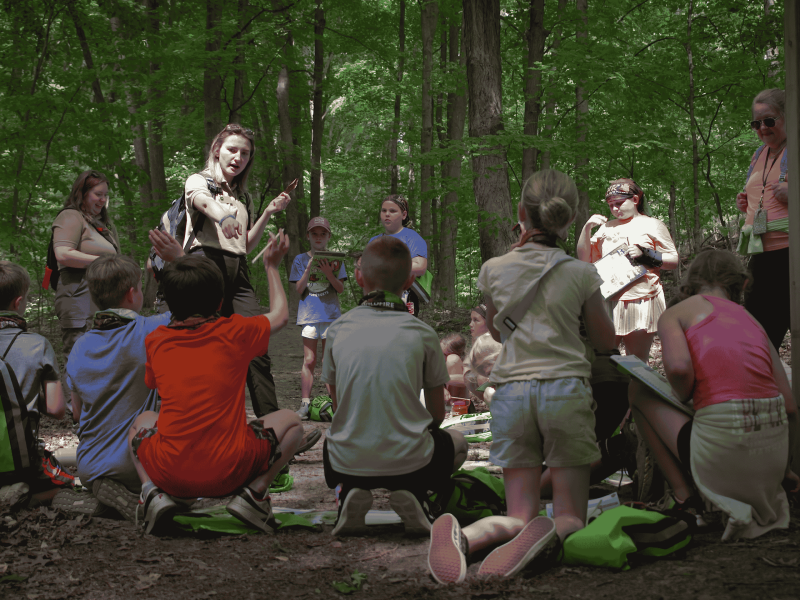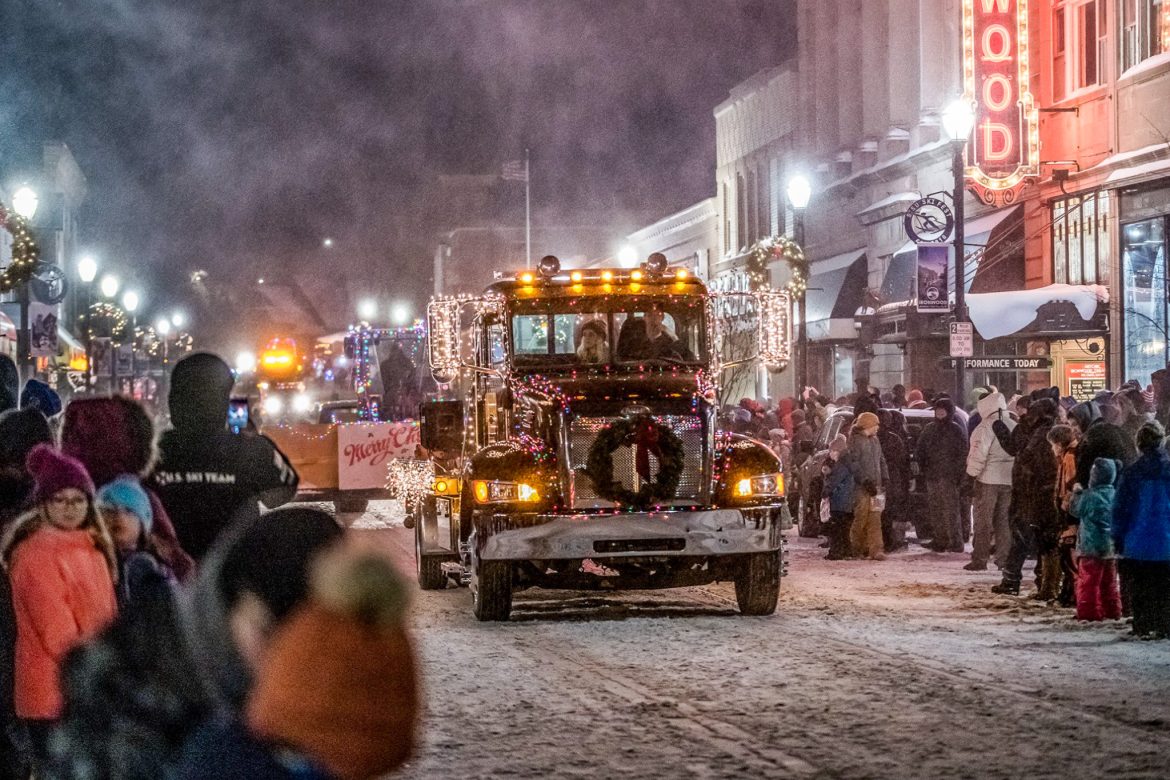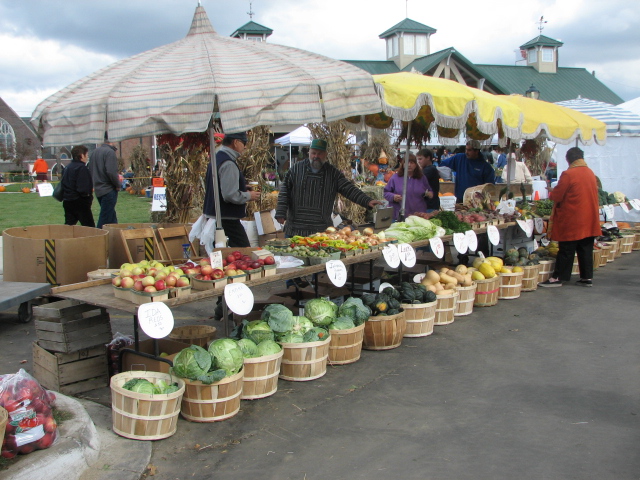By Emilio Perez Ibarguen
Homeowners and environmental groups are pushing for reforms to restrict
wake boats to deeper areas far from shore, aligning Michigan law with existing guidance from the
Department of Natural Resources. A handful of states including Maine, Vermont and Tennessee in recent years have passed laws limiting wakeboarding to specific areas or deeper waters, while a push to do so in Michigan last year was dead in the water in Lansing. Wake boat enthusiasts say they’re being scapegoated for a larger problem.









